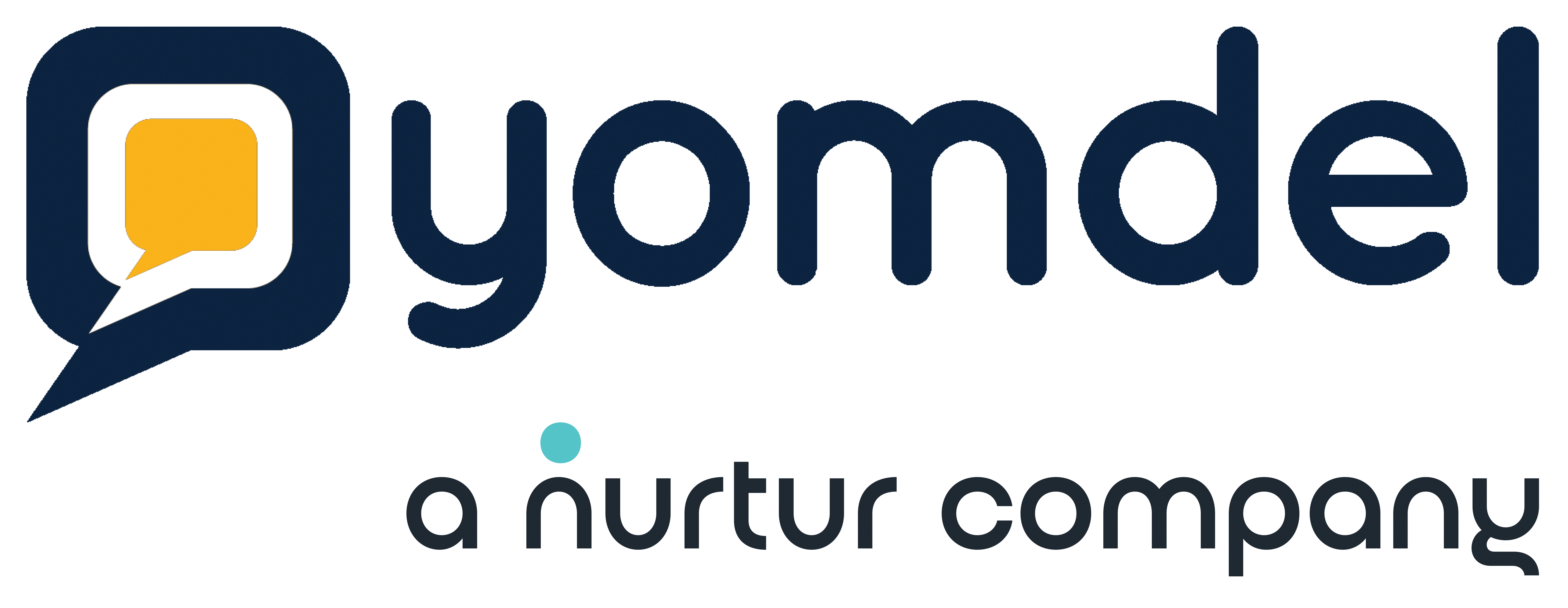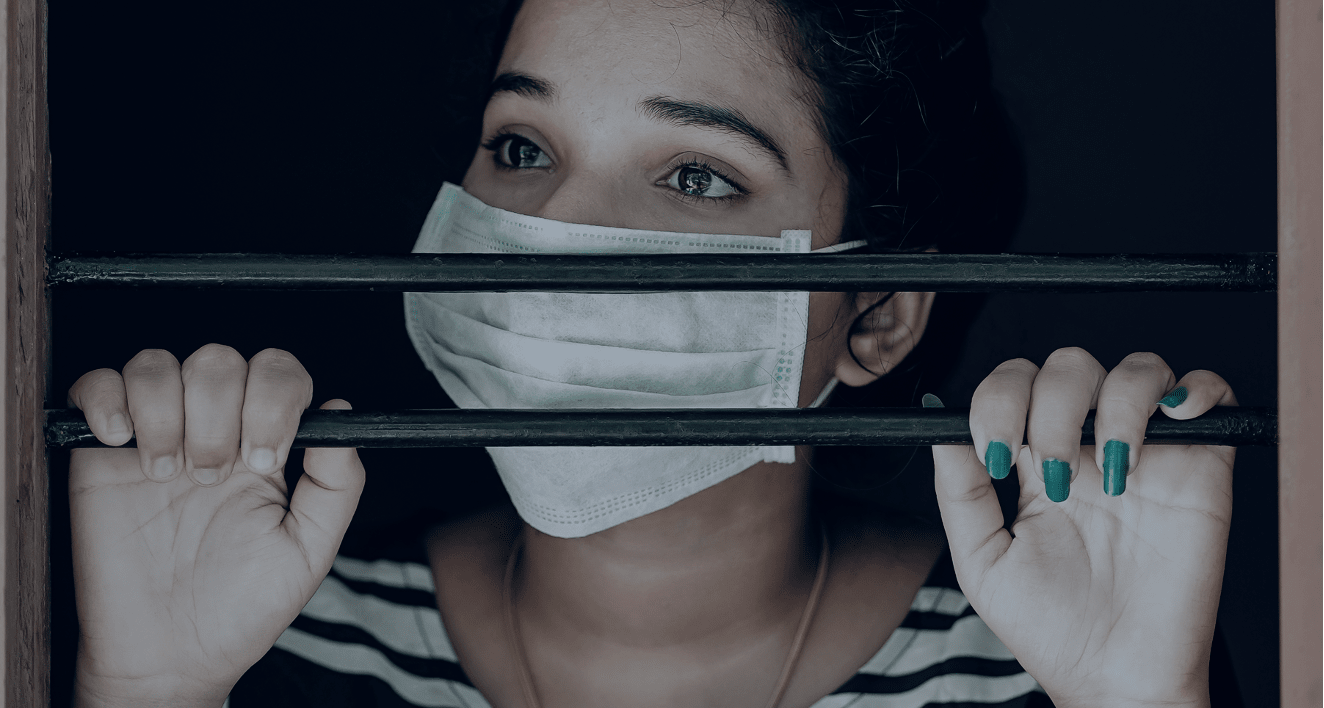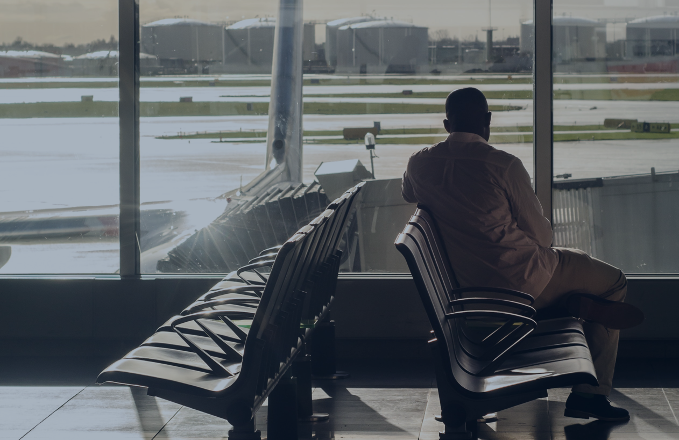As we enter the last quarter of 2020, I reflect on what an unfathomable year it has been globally. The world had come to a grinding halt in more ways than one and life has changed forever!
We've all had to adjust to a different way of living, working, and dealing with clients. Who would have thought you wouldn’t hear or see an aircraft above you, you couldn’t just walk into a shop and try a dress on, turning up at a pub without a booking was a no-no, you had to queue outside the supermarket and even then you found there was a shortage of pasta, toilet rolls, and cleaning products!
From a business perspective, millions of people had to adjust to working from home, and most meetings are now via video conference. The disruptions were not from noisy colleagues or trucks rumbling past on the busy streets outside your office, but instead from pets and children - all adjustments to the new workspace in homes. But no one really minded, the world had truly become a different place.
Many businesses have had to re-evaluate their whole proposition and operations to navigate their way through this pandemic and safeguard their future. Sadly in some cases, this has resulted in them having to rationalise their workforce and work with a leaner team.
The most successful businesses will re-examine how they communicate with their customers, they will ask questions of how they operate. Is there a better way of doing what they do?
Do they consider working with external partners to plug the gap from a resource perspective, so that they can concentrate on their primary offering to their customers, their area of expertise, and use other channels to add value to their proposition?
At Yomdel we continue to see an increase in Live Chat. Why? Because the customer wants answers 24/7.
Did you know 2.7 billion people now own a smart phone, and 52% of all Live Chat takes place on mobiles, rising to 70% when you include tablets. Our partners are telling us we are helping them grow their business through live chat and lead generation. Essentially, we are taking away the queries that are time consuming, and helping them to focus on their primary business, growing sales and planning for the future, whilst continuing to deliver 1st class customer service.
We have had conversations with clients who want to switch off live chat, mainly because they needed to reduce costs. Having in-depth consultative conversations with many of these partners meant that we were able to help them pivot, finding greater internal efficiency with our support, and delivering a better customer experience, in turn leading to sales success. We were ready to become a part of their recovery plans with a variety of solutions.
Are you doing everything you can in the best interest of customers to future proof your business?
There are some great examples of businesses doing this well, and some great examples where businesses have been slow to react or adapt. I’d like to share a couple of examples from the travel sector, a sector which has undoubtedly been one of the hardest hit, globally.
Starting with the good. The FCO advice changed 9 days before I was due to go on holiday. My travel agent sent me a WhatsApp message to give me an update on the situation soon after the announcement, and also telephoned me within 12 hours with a summary of options to ensure I could still go on holiday. (I wrote this blog on my flight to Turkey)
At the other end of the spectrum, due to the same announcement, I needed to update my insurance policy to cover the changing advice. I tried to do this online due to the lengthy call waiting times. The system didn’t’ allow me to do this, and there were no other options such as live-chat or messenger, to ask questions, so of course I still had to call. After a lengthy wait, I was told that the cost of making the changes I needed were significantly more than if I had done the same changes online, and yet their system didn’t’ allow me to make those changes. When I challenged this, I was met with a “computer says no” response.
Those businesses that penalise their customers through their system limitations run the risk of losing them forever.
I urge businesses to review how their constraints impact the customer journey and their own reputation. Making robust recovery plans are critical at a time like this. Working with a smaller team does not necessarily mean that your service will suffer, or that you don’t have the right talent.
A business that will recover and come out of the other side fighting is one that will pivot and make changes to safeguard their future. Looking and thinking outside of the box is critical.
Ask yourself, are you equipped to deal with the changes this pandemic has brought? Do your customers have the information they crave, that indeed you would crave in their position?
And if that doesn’t convince you why don’t you take a look at some stories of lockdown success, that we heard from client partners. After all, it is not what we say, it is what our customers and partners say about us that really demonstrates our expertise and value.
Why not get in touch if you want to discuss how we can help you with our many solutions? bhav.taylor@yomdel.com
In closing, don’t forget to revaluate, pivot by thinking outside the box and ensure you remain focused on your field of expertise.






